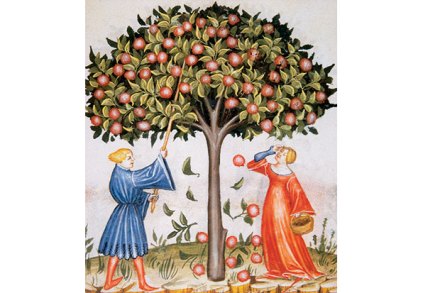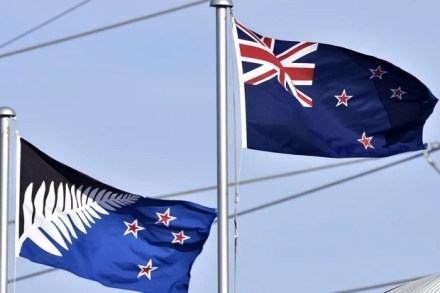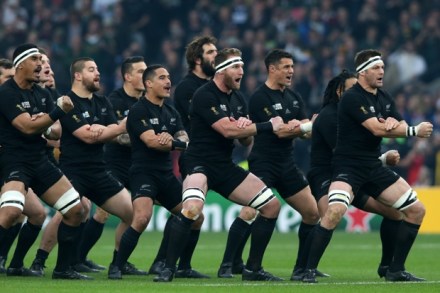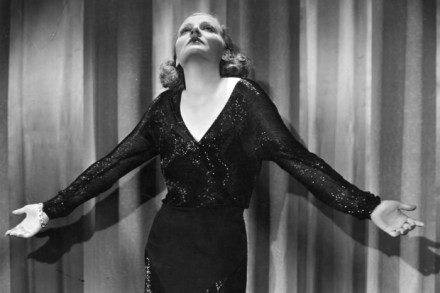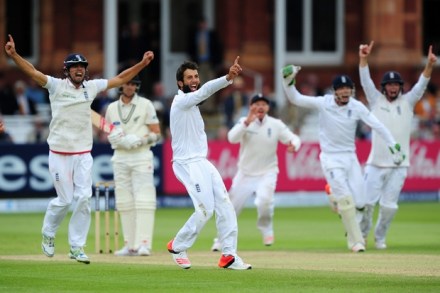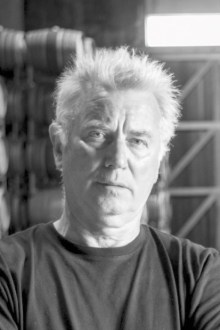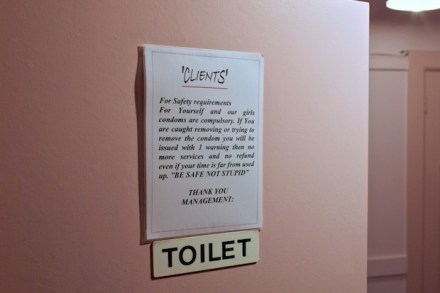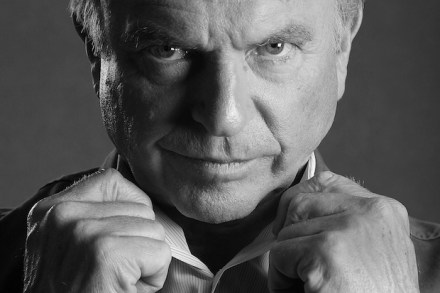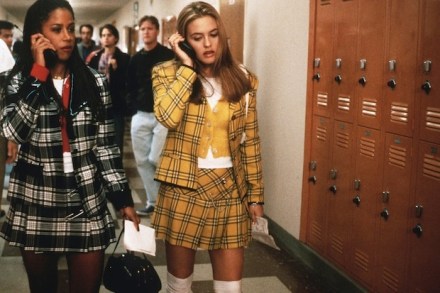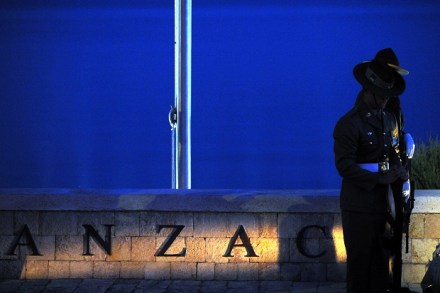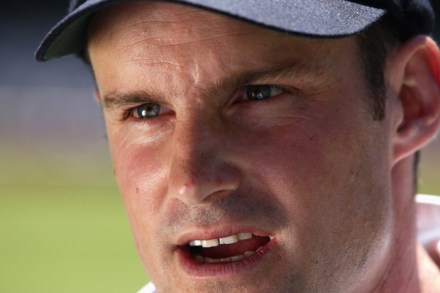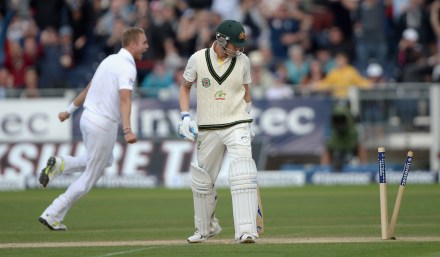Letters | 20 April 2017
Benedictine engagement Sir: Matthew Parris has missed the point (‘Give me the Anglican option’, 15 April). He compares Rod Dreher’s suggestion that modern Christians emulate the Benedictines with the retreat into self-imposed exile of groups like ultra-Orthodox Jews and the Beni Isguen community. The Benedictines did not withdraw from the world. They engaged with the fractured society of the Dark Ages, showing a better way through their schools, almsgiving and prayer. A number of recent books, including Tom Holland’s Millennium, have charted the astonishing role the monasteries played in dragging Europe out of barbarism. In Britain, the Church and its monastic orders set up many of the institutions on which



